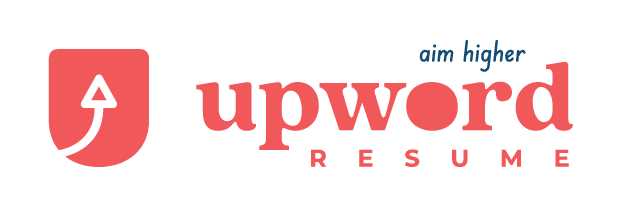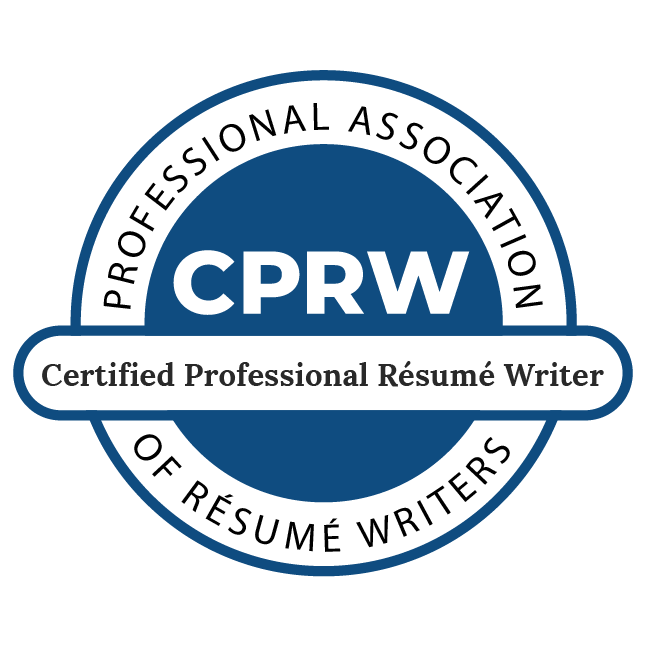If you’re one of the millions of job searchers in the U.S., you probably know that job searching these days looks different than it ever has before.
Everything from standard interview procedure to the negotiation process has changed, and some of those changes are here to stay.
We sat down with executive career coach and Livlyhood founder Britt Larsen to answer all your questions about job searching in 2021: what’s different, what’s the same, and the major industry shifts you should anticipate this year.
Whether you’re a new graduate, career shifter, or ladder climber, read on to get the inside scoop on what the job market has in store.

Q: Are companies posting jobs and hiring at typical rates?
Britt: Traditionally, January and February are the best months to start a job search because companies open up positions based on fresh budgets and sales forecasts. There’s typically a lot of competition too, as the New Years’ resolution mentality hits.
We expect 2021 will buck this tradition, with job postings increasing throughout the year (especially in summer). The Wall Street Journal recently reported that “economists expect hiring to start slowly and gain momentum later in 2021, as the Covid-19 vaccine becomes widely available and consumers resume activities such as dining out and travel.”
While the number of job postings is down this year (thus far), certain industries are bursting with opportunity. Healthcare, technology, and instructional design are just a few of the job markets where job postings are exceeding applicants, giving job seekers a hand up when it comes to salary negotiations and timing.
Q: How long is it taking for companies to make a hire?
Britt: While opportunities abound for job seekers looking to find a new position, there has been a major shift in how long the process is taking. In the past, the typical waiting time between first interview and job offer was around three weeks. Recently, some of my clients have waited up to eight weeks between the first interview and the formal offer–and some have even heard back four to six months after first making contact with a company. Last month, I heard back from a client I worked with last spring who was cautiously approaching a drastic career change. She is just starting a new position.
This shows that companies are being cautious. It also shows working from home and some of the other changes companies have made in the face of Covid are impacting the length of time it’s taking to get hires approved.
If you’re dealing with long waiting periods, make sure to glow-up your resume, cover letter, and LinkedIn profile. The job search market is quickly becoming remote, with less face time than ever before. These documents can make or break your image–and your job search!
Q: Is remote work going to stick?
Britt: Many companies have gone completely remote and many industries are trying to determine what work will look like in the future. There are still many unknowns in this arena.
In the past, working remotely was viewed as a perk, but now many applicants are expecting it to be part of their compensation package. Just keep in mind that companies may make promises about this right now they don’t end up keeping. In the negotiation process, make sure to be crystal clear as to what you expect in this area.
Q: Are there any good changes that have come from Covid?
Britt: Absolutely! Diversity, equity, inclusion are playing a greater role in hiring than ever before. For years now, forward-thinking companies have been focusing on culture fit in the hiring process, and this has only become a stronger trend during the pandemic. What this means is your resume and LinkedIn profiles need to check all the boxes for the main qualifications of a role, but your interview and camera presence on Zoom is just as important.
Companies are more open to non-traditional applicants than ever before. They know that they can train you on the job if you are a loyal employee. In a soft economy, each hire is a bigger risk for the company, hiring managers want to be very sure that the employee is a good personality and culture fit. This is why preparing for interviews is even more important than ever.
Q: What other big trends should we have an eye on when job searching?
Britt: Everything related to job searching is going more remote and more mobile. The job search market is changing rapidly every single year. Keeping up with it feels like a job in and of itself, which is why now is a great time to make an investment in professional career coaching.
According to an Accountemps survey, senior managers are increasingly impressed when job searchers network on social media with employees at the company of interest (49%) and provide access to an online portfolio (47%).
A few other considerations: Almost every major Fortune 500 Company has implemented video interviews as a standard (rather than just an option) for their HR teams, especially for first- and second-round interviews. Digital interviews require a completely different skill set than in-person interviews, with an extra emphasis on polish and poise. Flubs in-person may be forgettable, but mistakes on camera leave a lasting impression with no chance to rebound.
Employers are also increasingly turning to mobile to handle the entire application process. Since these job sites are linked to social media, employees need to be wary of their digital footprint. Employers have been lurking on job seekers’ social media sites for years, but this process is quickly becoming as important as formal background checks.
Few things are absolutely certain when it comes to job searching, but one thing is sure: professionalism and preparation pay off.
Hiring will increase as the economy stabilizes, and we’ll see even more jobs open up in late spring/summer. Follow up on the opportunities you’ve heard back from, continue to widen your search, and get professional help if you’re making a career change. The ROI is invaluable.
Whether you’re in the midst of an unemployment job search or just looking for a change, the outlook is bright–as long as you’ve done your homework on preparing your resume, optimizing your LinkedIn profile, navigating ATS, and preparing for your interview.

